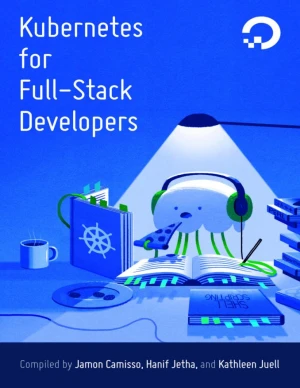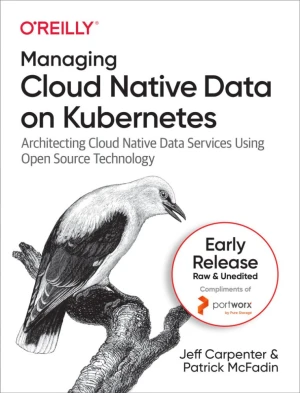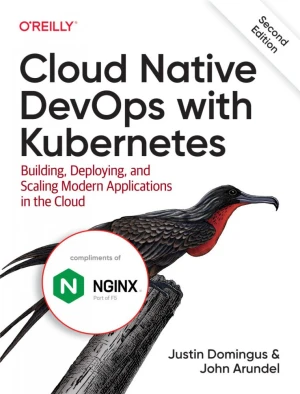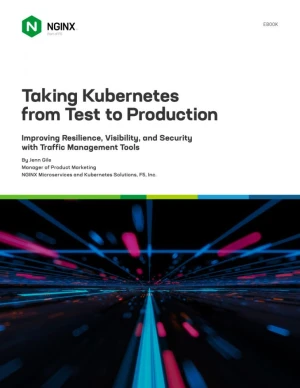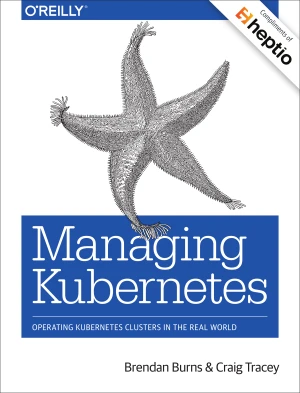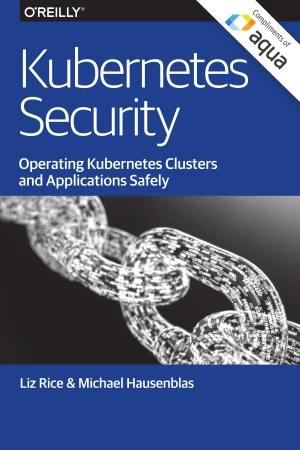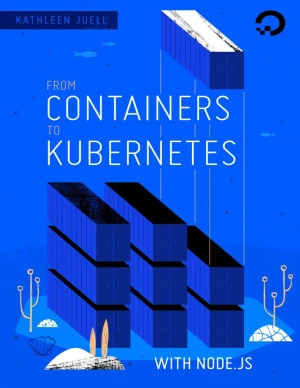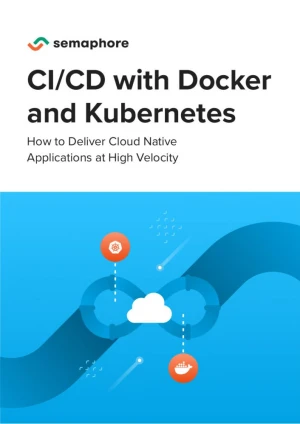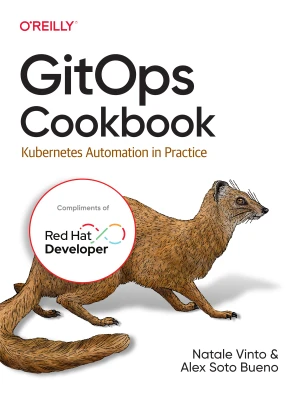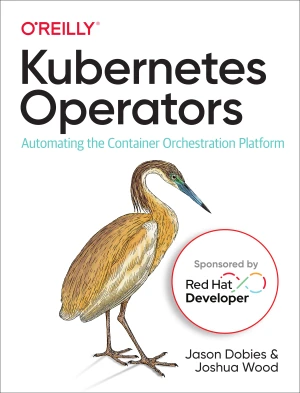Kubernetes Books
Kubernetes for Full-Stack Developers
Whether you're just curious, getting started with Kubernetes, or have experience with it, this curriculum will help you learn more about Kubernetes and running containerized applications. You'll learn about core Kubernetes concepts and use them to deploy and scale applications in practical tutorials. By the end of this curriculum you'll be able to
Managing Cloud Native Data on Kubernetes
Is Kubernetes ready for stateful workloads? This open source system has become the primary platform for deploying and managing cloud native applications. But because it was originally designed for stateless workloads, working with data on Kubernetes has been challenging. If you want to avoid the inefficiencies and duplicative costs of having separa
Cloud Native DevOps with Kubernetes, 2nd Edition
Kubernetes has become the operating system of today's cloud native world, providing a reliable and scalable platform for running containerized workloads. In this friendly, pragmatic book, cloud experts Justin Domingus and John Arundel show you what Kubernetes can do-and what you can do with it. This updated second edition guides you through the gro
Taking Kubernetes from Test to Production
With Kubernetes came many new concepts, particularly around networking and traffic management. Alongside these new concepts were entirely new classes of tools, designed for ephemeral, containerized, and distributed application deployments. In particular, Ingress controllers and service meshes did not exist prior to the Kubernetes era. Nor were Laye
Managing Kubernetes
While Kubernetes has greatly simplified the task of deploying containerized applications, managing this orchestration framework on a daily basis can still be a complex undertaking. With this practical book, site reliability and DevOps engineers will learn how to build, operate, manage, and upgrade a Kubernetes cluster - whether it resides on cloud
Kubernetes Security
Kubernetes has fundamentally changed the way DevOps teams create, manage, and operate container-based applications, but as with any production process, you can never provide enough security. This practical ebook walks you through Kubernetes security features - including when to use what - and shows you how to augment those features with container i
From Containers to Kubernetes with Node.js
This book is designed as an introduction to containers and Kubernetes by way of Node.js. Containers are the basis for distributed, repeatable workflows with orchestrators such as Kubernetes, and they allow developers and operators to develop applications consistently across environments and deploy in a repeatable and predictable fashion. The exampl
CI/CD with Docker and Kubernetes, 2nd Edition
Containers change how developers build, test, and deploy code. Adopting them takes time, and using them incorrectly can slow down the delivery process. Not every organization has a dedicated team of engineers to focus on this transition, unlike companies such as Spotify or Netflix. A startup CTO, for example, may need to prioritize shipping feature
GitOps Cookbook
Why are so many companies adopting GitOps for their DevOps and cloud native strategy? This reliable framework is quickly becoming the standard method for deploying apps to Kubernetes. With this practical, developer-oriented book, DevOps engineers, developers, IT architects, and SREs will learn the most useful recipes and examples for following GitO
Kubernetes Operators
Operators are a way of packaging, deploying, and managing Kubernetes applications. A Kubernetes application doesn't just run on Kubernetes; it's composed and managed in Kubernetes terms. Operators add application-specific operational knowledge to a Kubernetes cluster, making it easier to automate complex, stateful applications and to augment the pl

